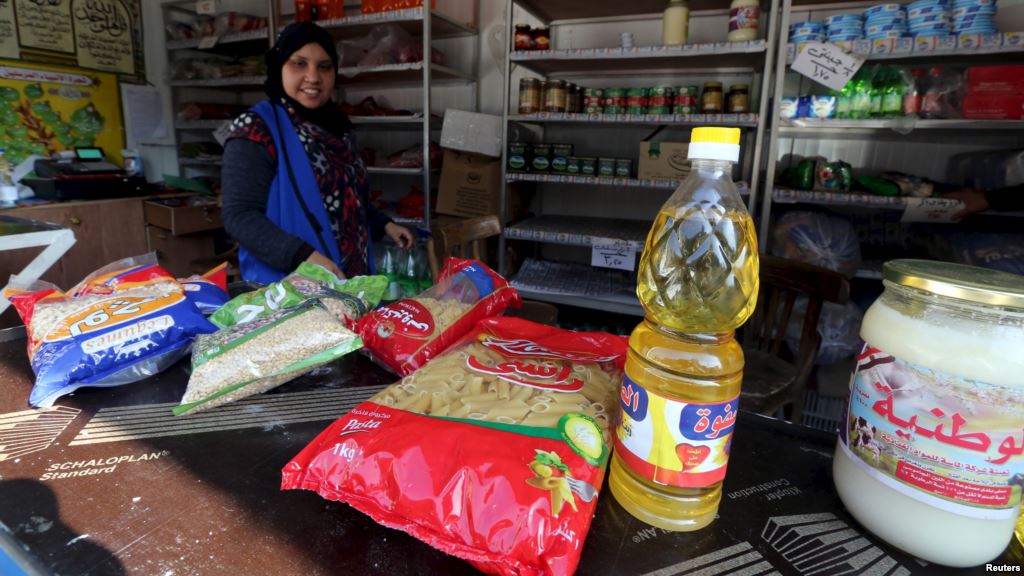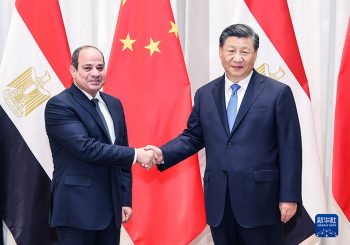Prime Minister Mostafa Madbouly announced on Monday, 25 March, that the government had come to an agreement with private sector manufacturers and merchants to lower the prices of food commodities by 15-20 percent, and subsequently by 30 percent following Eid Al-Fitr.
Madbouly also instructed the creation of a daily report to track pricing in cooperation with the General Federation of Chambers of Commerce and the Federation of Egyptian Industries (FEI).
He also emphasised the need to establish a mechanism to lower prices in all outlets and shops and to reach out to retailers that interact directly with customers.
During a meeting with prominent producers, manufacturers, and suppliers of food items, Madbouly clarified that the government was eager to assist the private sector and commercial chains, given the exceptional difficulty the Egyptian state was experiencing.
The absence of physical currency and the volatility of the US dollar were two significant obstacles faced by the private sector, which were addressed by the state’s recent policies to stabilize the dollar price.
He continued by saying that citizens are still unaware of how large-scale investments, like the Ras El-Hekma, European Union and the International Monetary Fund (IMF) agreements, shall affect product prices.
The Prime Minister stated during the meeting that the Central Bank was compelled to hike interest rates by 8 basis points as an emergency action to curb inflation because of the extraordinary inflation caused by main commodities. Additionally, he made the point that the only way to break the cycle of inflation is to lower the prices of major commodities in proportion to the dollar’s decline in value on the black market.
“We demand concrete actions that lead to a significant decline in the cost of essential goods, not just food. This includes everyday items citizens rely on heavily, like appliances and durable goods,” Madbouly said.
“We need more than meager reductions of a few percent. We require substantial price cuts that make a real difference in people’s lives,” he added.
Egypt recently undertook a series of actions to address its financial challenges. Firstly, the Central Bank implemented the nation’s largest-ever interest rate hike. Secondly, Egypt allowed its currency, the Egyptian Pound (EGP), to significantly devalue by over 38 percent in early March.
Despite recent policy changes aimed at achieving economic stability, Egypt continues to face a challenging road ahead between controlling inflation and debt while also mitigating the impact on its citizens.






Comments (0)